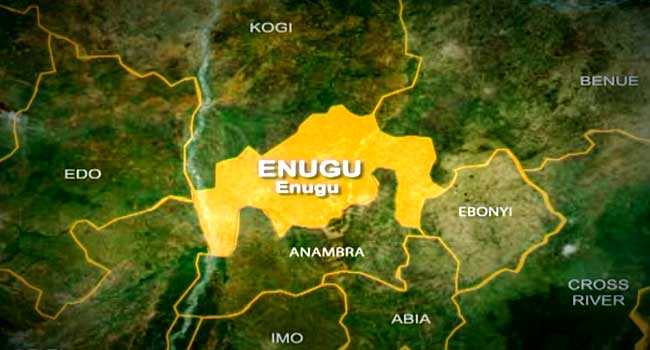The foundation of any nation’s growth is the security of its citizens. When people feel safe, they engage in daily activities without fear, ultimately bolstering economic development. A robust security framework relies heavily on effective communication and surveillance systems, enabling personnel to respond swiftly to threats.
As Nigeria grapples with persistent security challenges—from banditry to kidnapping—modernising our security approach is imperative. We should learn from developed nations that leverage technology and accurate information to address these issues.
In this context, I want to analyse Enugu State Governor, Peter Mbah’s innovative “Enugu Safe City” project. This initiative demonstrates a significant shift towards a digital security system and highlights the importance of engaging local companies.
In the past, Nigerian governments have borrowed millions of dollars to contract foreign firms for similar projects, often resulting in unfulfilled contracts and leaving the public burdened with debt. Governor Mbah’s decision to trust the capabilities of local experts, headed by a Kano-born engineer, sets a commendable example for other state governments to follow.
NOA seeks media support to promote essential family practice campaign
The “Enugu Safe City” project has introduced advanced security measures, positioning Enugu as a leader in safety technology across Africa and the Middle East. Key elements of this initiative include:
- Mega Control and Data Centers: Among the best on the continent, these facilities enhance operational capabilities.
- Extensive CCTV Installation: Thousands of cameras equipped with facial recognition and vehicle identification have been deployed to improve surveillance.
- Rapid Response Vehicles: Over 100 patrol cars, fitted with advanced surveillance and communication systems, have been provided to the police.
- Body Cameras for Security Personnel: Thousands of body and helmet cameras, along with radios and other accessories, have been supplied to enhance operational efficiency.
This transformative work underscores the potential of local talent and innovation. Other state governors should recognise the importance of supporting local firms in similar projects, as this approach not only strengthens our security infrastructure but also fosters economic independence.
Furthermore, the relevance of the “Enugu Safe City” initiative extends beyond local security. By modernising our systems, we can address Nigeria’s myriad security challenges more effectively. Improved surveillance and rapid response capabilities can lead to a reduction in crime, instilling public confidence and encouraging investment in the region. During a recent inspection, Nigeria’s Vice President praised the swift advancements made in Enugu, noting that sustaining this momentum could position the state as a leader in security solutions.
To fully capitalise on these advancements, it is essential for the federal government to support this initiative by establishing a central data coordination centre in Abuja. This would serve as a hub for security operations across the nation, enhancing the capabilities of our security agencies and reducing reliance on foreign assistance.
Enugu State’s initiative might become the model for other states and the federal government. By investing in local talent and modern technology, we can build a more secure and prosperous Nigeria.
It is time for us to embrace this approach, ensuring the safety of our citizens while paving the way for economic growth and stability. The federal government should take heed and implement similar projects in the Federal Capital Territory (FCT) to enhance national security and public confidence.
While Enugu State’s “Safe City” initiative is a commendable leap towards modernising security, it is crucial that the government prioritises a robust maintenance culture to ensure the longevity and effectiveness of these advancements. Often, projects of this scale falter due to a lack of ongoing care and attention. Establishing a clear maintenance plan—complete with regular assessments and necessary upgrades—will help sustain the impressive infrastructure already in place.
Additionally, engaging local communities in the maintenance process can foster a sense of ownership and responsibility. Through training community members to assist with upkeep and providing them with the necessary resources, the government can create a partnership that enhances public awareness of security measures and promotes accountability. This collaborative approach not only protects the investment made in the “Safe City” project but also strengthens community ties and encourages civic engagement.
Emmanuel resides in Abuja

 Join Daily Trust WhatsApp Community For Quick Access To News and Happenings Around You.
Join Daily Trust WhatsApp Community For Quick Access To News and Happenings Around You.

